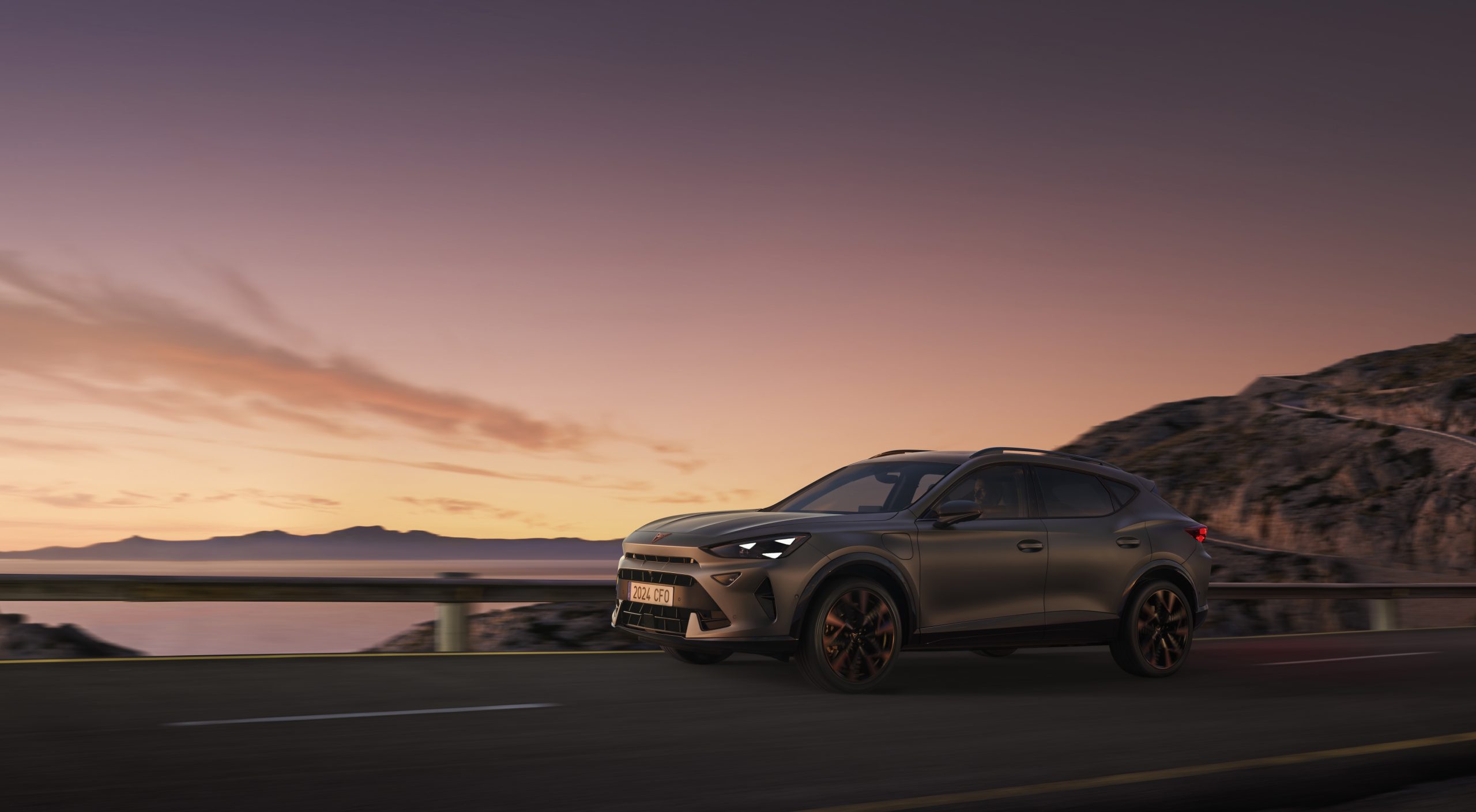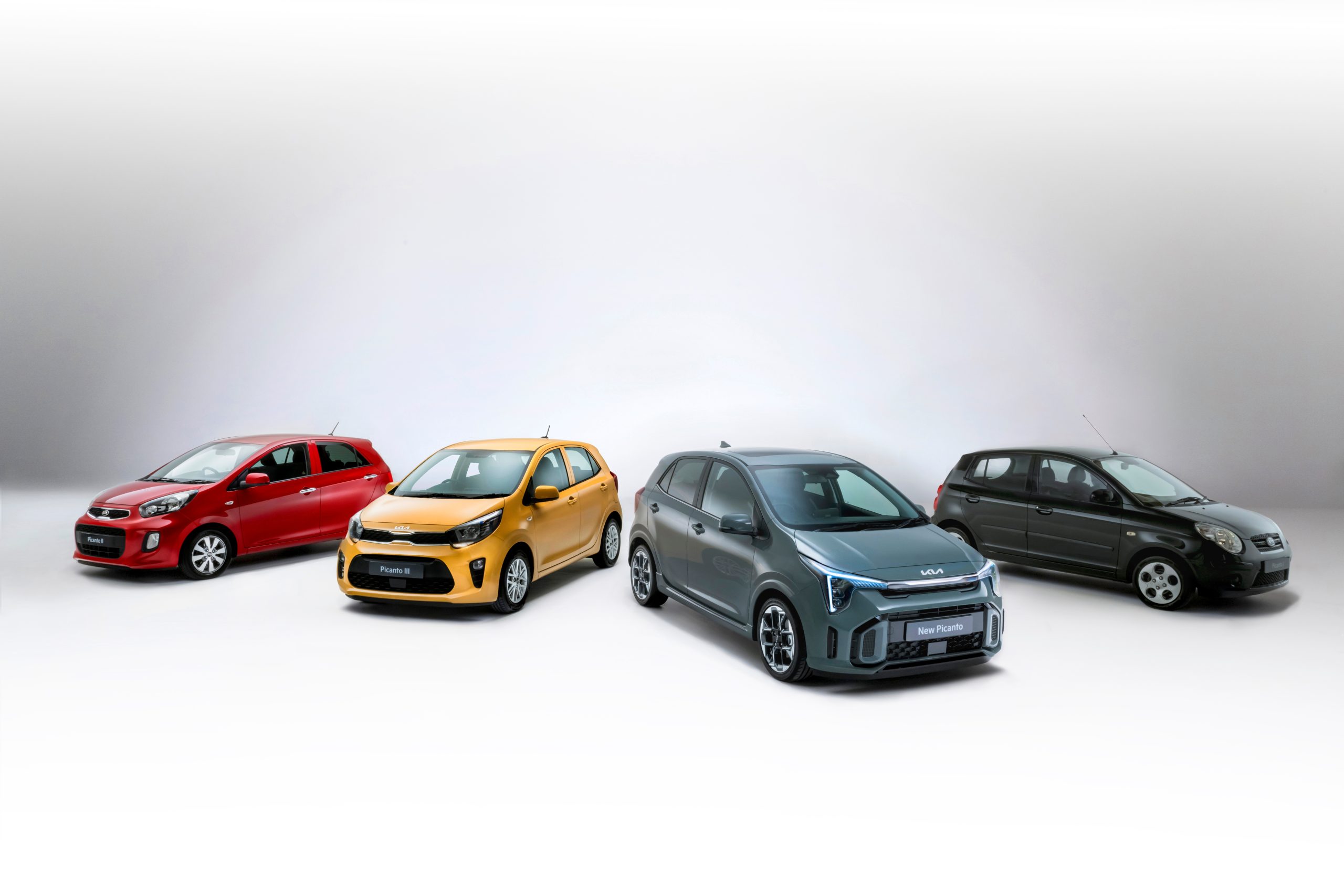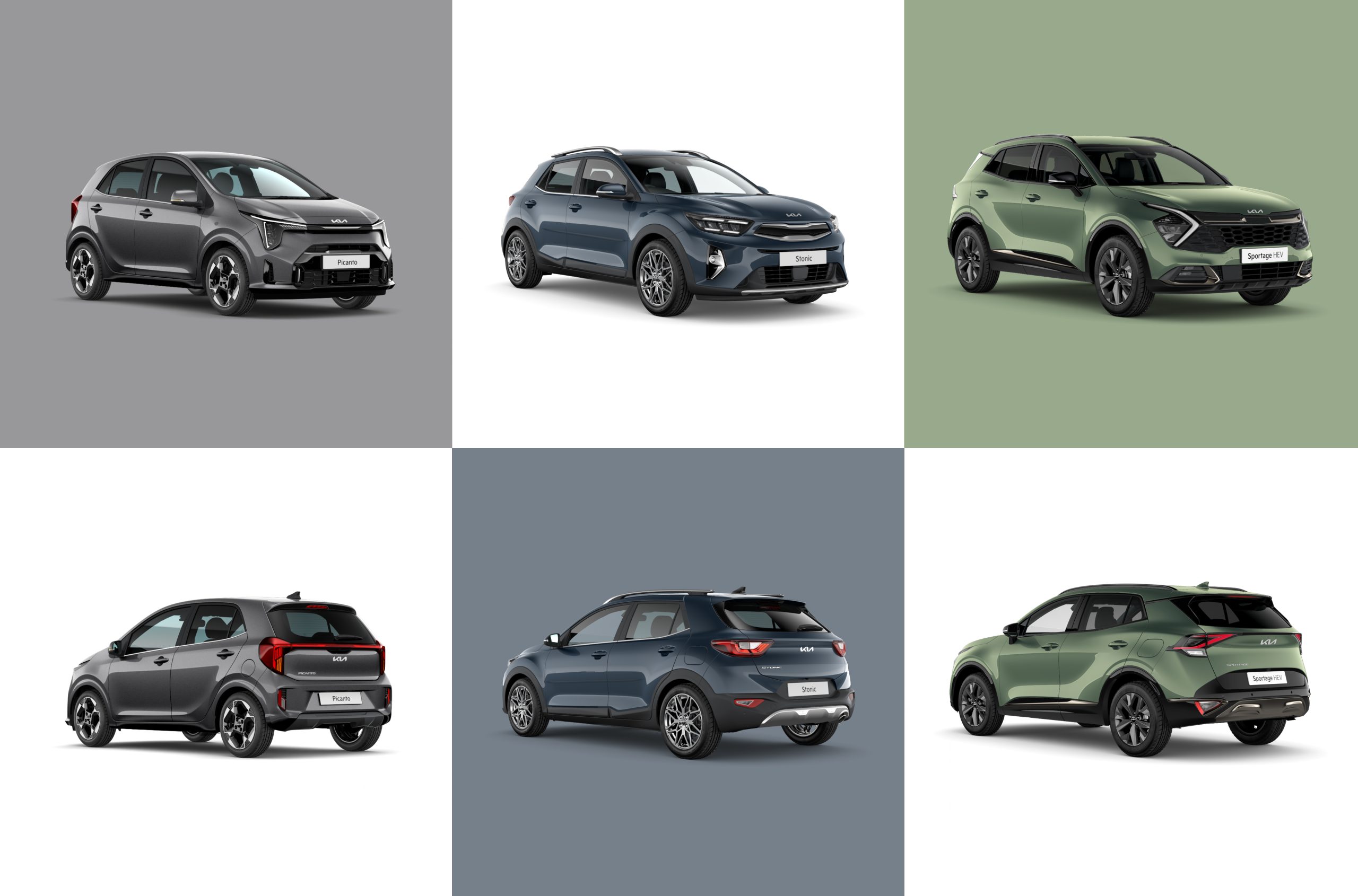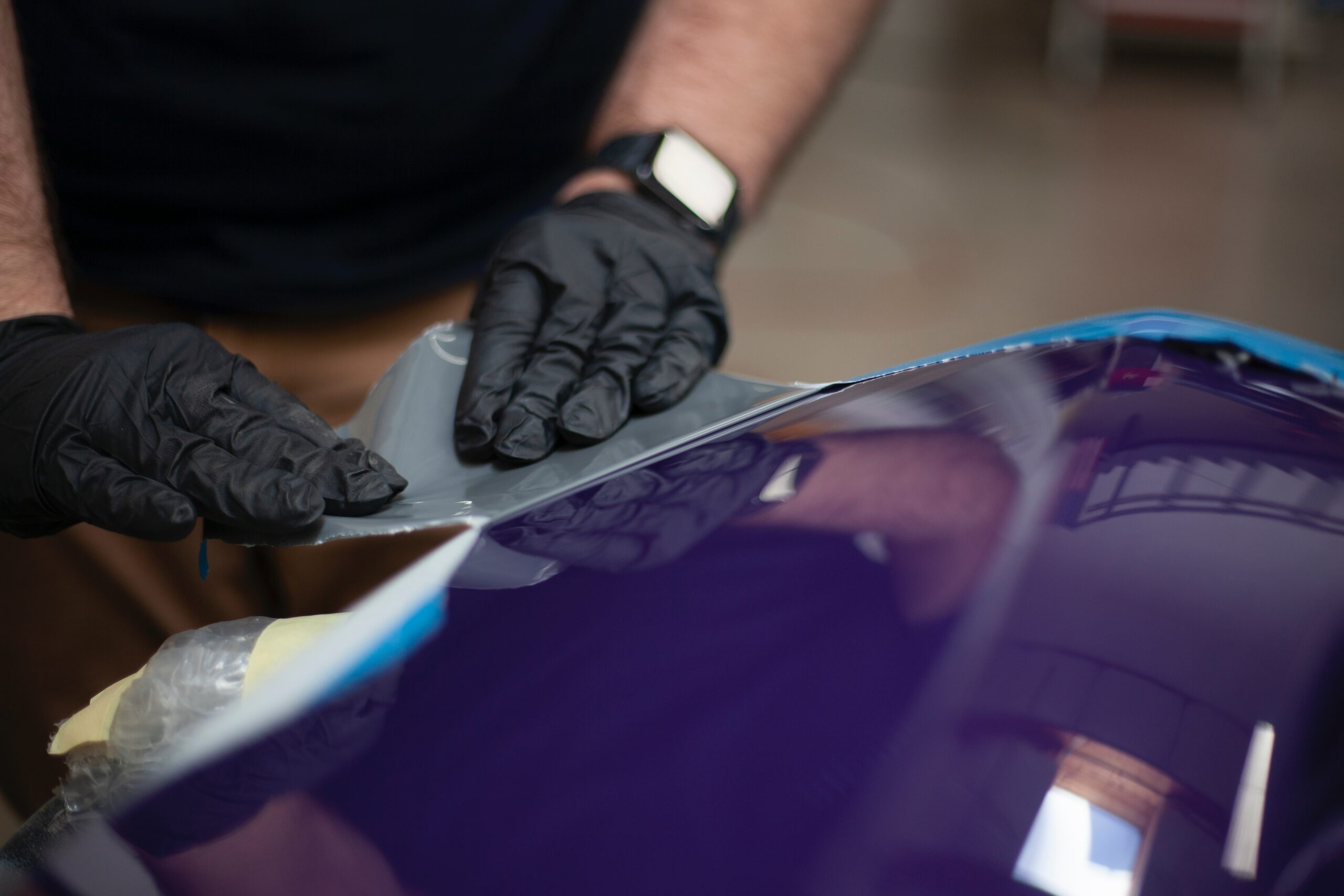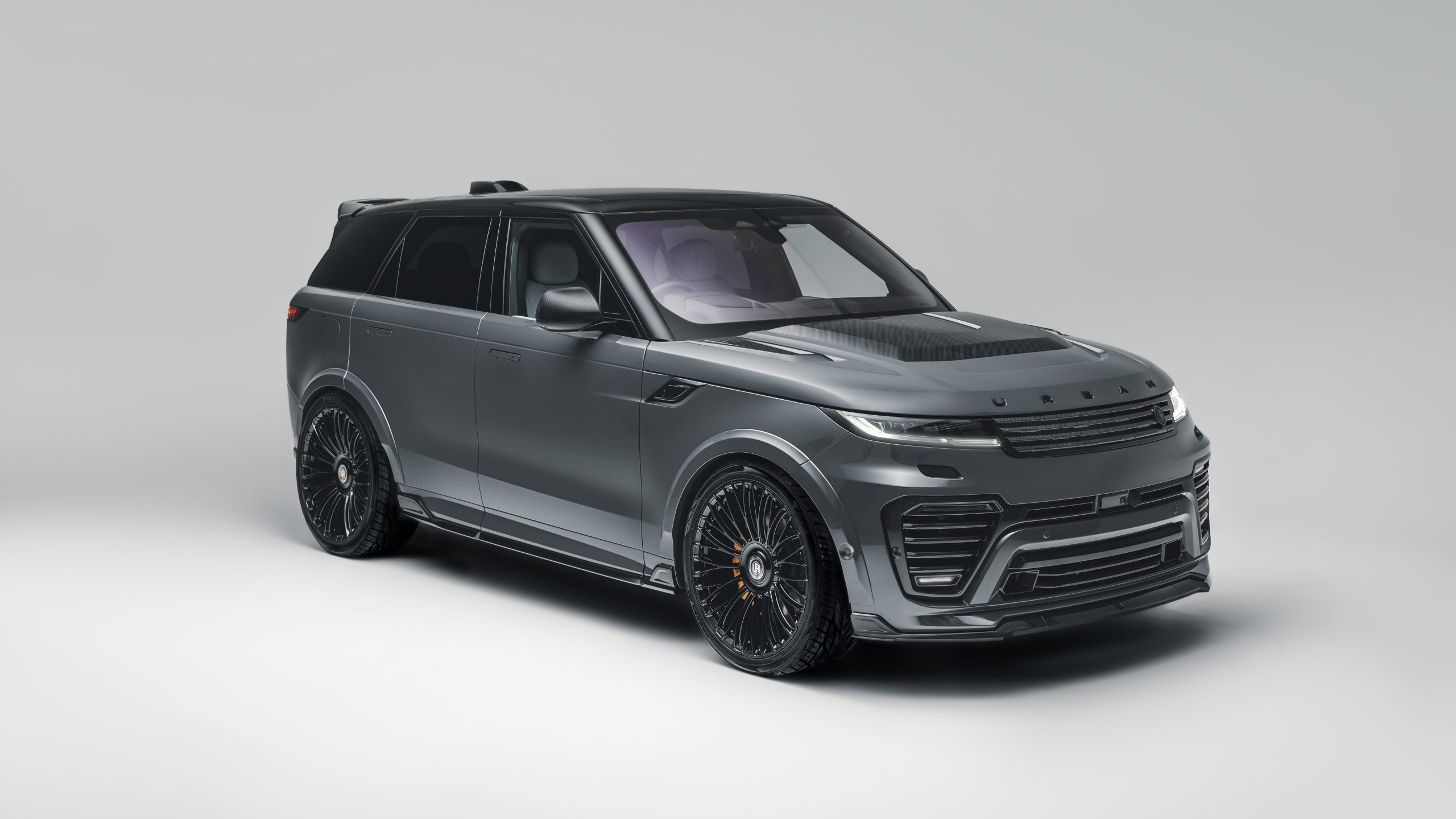How Much Does A Smart Car Weigh?
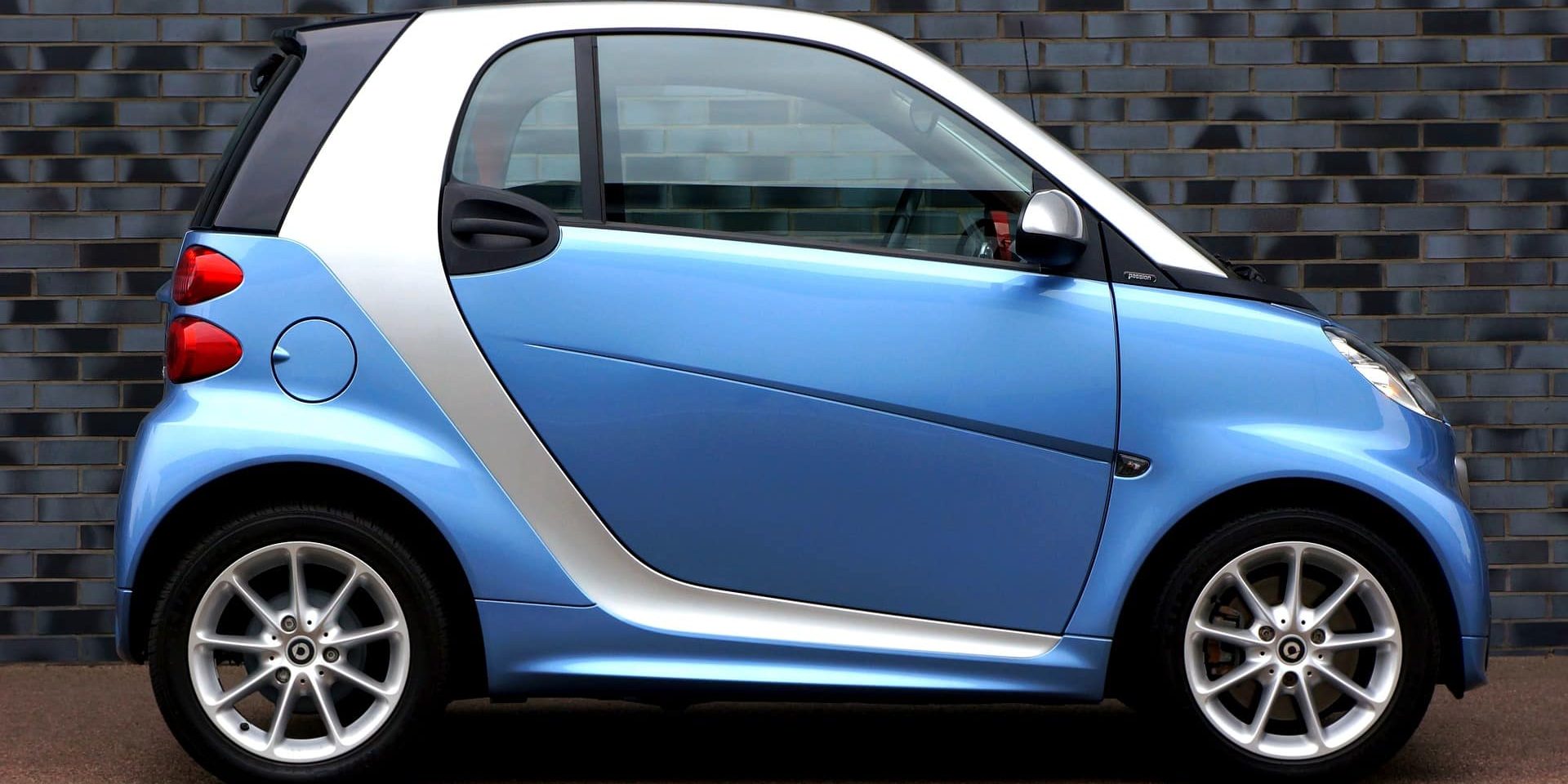
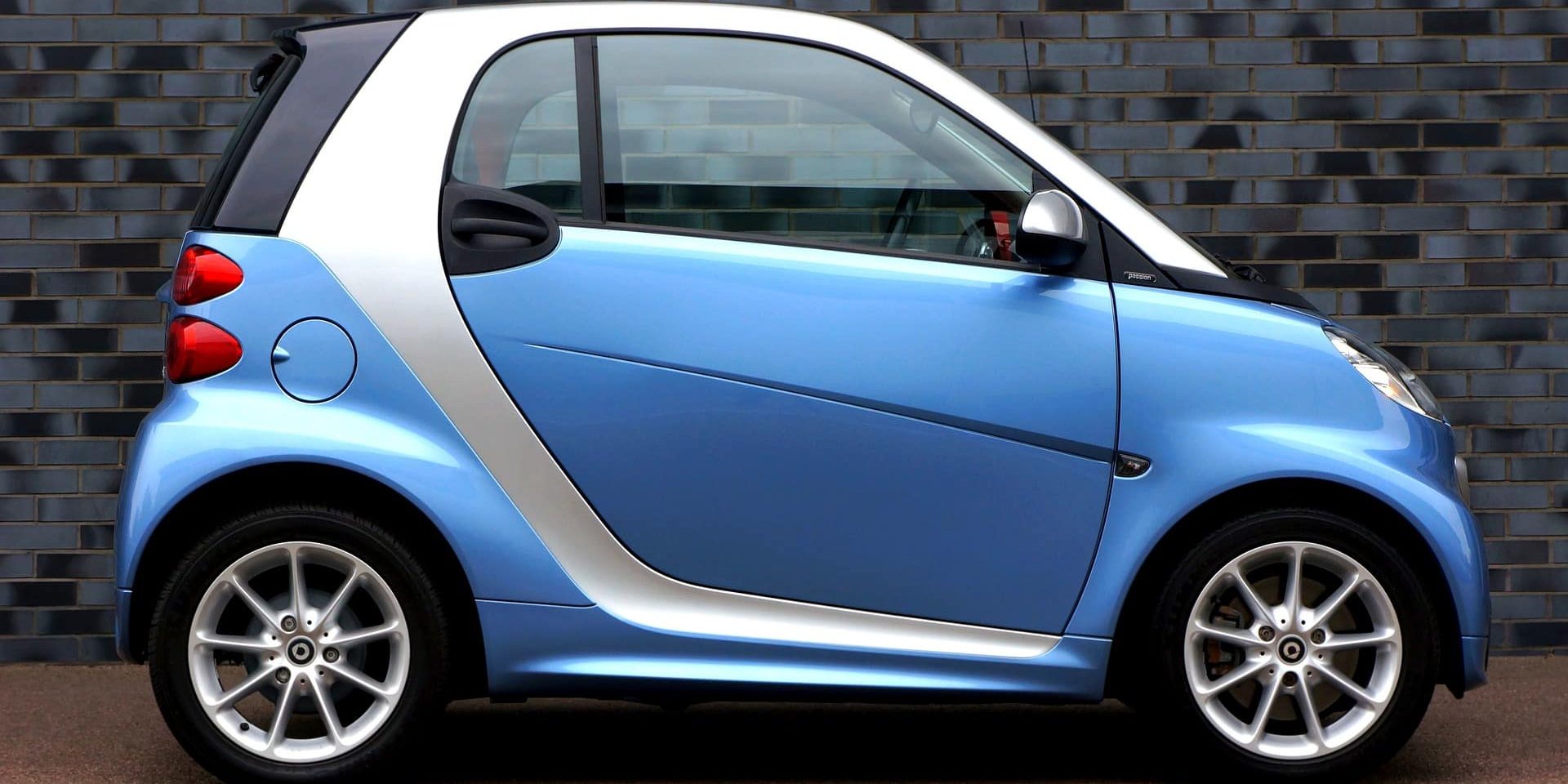
How much does a Smart car weigh? Smart cars are small and compact vehicles that are designed to be fuel-efficient. They are known for their unique design that allows them to navigate through tight spaces and park easily in urban areas. When it comes to the weight of a typical smart car, it usually ranges from 1,500 pounds to 1,800 pounds.
In terms of size, smart cars generally have a length of around 8 feet and a width of around 5 feet. They are typically two-seater cars and have limited luggage space. Despite their small size, they are equipped with advanced safety features such as airbags and stability control systems.
It’s important to note that the weight of a smart car may vary depending on the model and year of manufacture. Additionally, certain factors such as fuel levels and number of passengers can also affect its weight.
If you’re planning on purchasing a smart car, there are a few things you can do to maintain its lightweight design:
- Make sure you’re regularly checking its tire pressure as underinflated tires can increase the weight and decrease fuel efficiency.
- Avoid carrying excess weight in your vehicle by removing any unnecessary items or luggage.
Overall, smart cars are an excellent option for those looking for an efficient and easy-to-navigate vehicle in urban areas. Understanding their weight and unique design can help owners take better care of their vehicle for optimal performance. “If Smart Cars were any lighter, they’d just float away like a bad joke at a funeral.”
Weight of Smart Cars
To get a comprehensive understanding of the weight of smart cars, dive into this section on weight of smart cars. This section discusses the weight of smart cars, and what factors impact it. Find out more about the smart car weight range and the different factors that contribute to it.
Smart Car Weight Range
The weight of the sleek and efficient Smart cars can vary based on their models, ranging from around 1,500 to 2,150 pounds. The size of the vehicle determines its weight, and smaller cars tend to weigh less compared to larger ones.
Furthermore, some unique features also affect the weight of a Smart car, such as the safety features that are built-in along with the battery pack that powers electric models. These additional features add extra weight to Smart cars that makes them more durable in case they get into an accident.
In addition to this, one suggestion to decrease the weight of a smart car is by using lightweight alloys for manufacturing purposes while keeping in mind that it won’t affect the durability and safety aspects. Manufacturers can also consider reducing non-essential components from the car.
Using lightweight materials not only reduces overall costs but also helps improve fuel efficiency by a considerable margin as well as reduce carbon emissions. Therefore lightening it ensures energy efficiency and helps in promoting environment-friendly vehicles.
Smart car weight depends on factors like battery size, number of passengers, and how many drive-thru meals you’re consuming behind the wheel.
Factors Affecting Smart Car Weight
Weighing a smart car involves several factors affecting its weight, all of which should be taken into account. The following table highlights the different factors impacting smart car weight, with actual data and relevant details.
| Factors Affecting Smart Car Weight | Data Points |
|---|---|
| Smart Car Model | Varies |
| Materials Used in Manufacturing | Steel, Aluminum, Carbon Fiber etc. |
| Battery Type | Lithium-ion |
| Engine Size | 0.7 -1.0 L |
| Drive Train | Rear-Wheel Drive or Front-Wheel Drive |
It’s pertinent to note that although the physical size of small cars like Smart cars is usually less than that of conventional cars, they’re not always lighter due to their unique features and varying styles.
While conventional cars are typically composed mainly of steel, smaller vehicles such as electric vehicles like the Smart car utilize materials such as aluminum and carbon fiber. These materials are much lighter yet stronger and can withstand pressure better when moved while still being durable.
Despite being considerably light compared to other conventional cars discharging similar tasks, several factors decide a smart car’s weight beyond just the metal exterior design.
History puts us in perspective by showing how electric transportation has evolved over time to improve energy efficiency and reduce environmental degradation. While some eco-friendly transportation options have certain limitations on range and speed, there has been considerable progress to address these concerns without sacrificing performance must-haves; leading us to excellent options like smart cars today.
Weight Comparison with Other Cars
To compare the weight of a Smart car with other cars, explore the section of “Weight Comparison with Other Cars” with sub-sections of “Compact Cars Weight Comparison, Electric Cars Weight Comparison, and SUV Weight Comparison”. Get a brief idea of Smart car’s weight among various types of cars.
Compact Cars Weight Comparison
When it comes to comparing the weight of compact cars with other vehicles, there are numerous interesting details to consider. Let’s take a closer look at the weight differences and similarities between a range of popular compact car models.
The weights can range from around 2,500 pounds up to 3,700 pounds. For example, the Honda Civic weighs in at 2,739 pounds, while the Toyota Corolla is slightly heavier at 2,885 pounds.
There are also some unique details that emerge from this comparison. Some compact cars have weights that are influenced by factors such as engine size or material composition. Additionally, newer models may be built with lighter materials or designed to be more aerodynamic for improved fuel efficiency.
To get the most out of your compact car and maintain optimal performance levels over time, there are several suggestions worth considering. One important factor is ensuring that you do not overload your vehicle with too much extra weight beyond what is already present in passengers and cargo. Regularly checking tire pressure and keeping up with regular maintenance tasks like oil changes and brake inspections can also help keep your car running smoothly and reduce unnecessary wear and tear on key components. By following these suggestions and paying close attention to weight fluctuations within your vehicle, you can enjoy a safer and more efficient driving experience overall.
Electric Cars Weight Comparison
When it comes to comparing the weight of electric cars, there are several factors to consider. The weight of an electric car is impacted by various features, such as the battery size and type, materials used in construction, and overall design. Therefore, it is essential to analyze the weight of different models before choosing one.
To aid in this comparison, we have created a Table for ‘Weight Comparison of Electric Cars’. The table includes columns for car model name, battery size and type, curb weight (in pounds), and range (in miles). Using actual data from reliable sources, this table provides a comprehensive representation of the various electric car models’ weights available on the market today.
It’s worth noting that some models such as Tesla’s Model 3 Standard Range Plus and Chevrolet Bolt EV have relatively lighter weights than others such as Ford Mustang Mach-E or Audi e-tron SUV. Also, those with larger battery sizes usually weigh more due to additional load.
Apart from these significant differences between models, what makes each stand apart is its unique features and driving experience. One brand may offer an electric car with a better range but be bulkier than another that compromises its range for a more lightweight design. Hence understanding your needs aids you in deciding which model works best for you.
Don’t miss out on exploring detailed comparisons before investing. Choosing an electric car just because it’s environmentally friendly isn’t sufficient; options exist that cater to more specific requirements that offer performance value too.
SUV Weight Comparison
For the comparison of SUV weights with other cars, we have gathered accurate data that will inform our analysis. Below is a table that shows the weight of different SUV models in pounds. The data reflects the recent information that we have at hand:
| Model | Weight (lbs) |
|---|---|
| Toyota RAV4 | 3,370 |
| Kia Sorento | 4,085 |
| Ford Explorer | 4,345 |
| Chevrolet Tahoe | 5,355 |
It is worth noting that the weights vary depending on various factors such as modifications and engine size. For instance, some of these models can weigh lighter if they come with smaller engine options or fewer features.
This weight comparison is crucial for car-buying consideration since it’s important to have an idea of what different SUVs weigh before choosing one to buy. Understanding the difference in weight between models is crucial to determining fuel efficiency, performance capabilities and even safety precautions.
Most car users find this comparison informative because they get to make informed decisions on what model fits their specific needs exactly.
Historically, manufacturers design automobiles around a set of safety standards outlined by government authorities. Thus through regular testing and analyses such as weight comparison of vehicles, regulators ensure vehicle manufacturers meet minimal standards for occupant safety.
Importance of Knowing Smart Car Weight
The weight of a smart car may seem like just numbers on the spec sheet, but it holds vital importance for many reasons. Knowing the weight accurately can help drivers make informed decisions about fuel economy, safety features and emission levels while buying or driving the car. Moreover, knowing the weight can tell a lot about how easy or difficult it is to handle and park the vehicle in traffic.
It’s worth noting that smart cars are designed to be lightweight, with some models weighing as little as 1,600 pounds. This lightweight construction contributes to their high fuel efficiency and maneuverability in tight spaces. Nevertheless, smart car weight does not compromise on safety measures such as advanced crumple zones or strengthened frames.
If you plan to travel with your smart car over long distances or mountainous terrain, it’s always advisable to pack light and have a proper understanding of its limits beforehand.
Pro Tip: Always check the manufacturer’s manual for accurate weight specifications before making any modifications or installing additional accessories in your smart car.
How Much Does A Smart Car Weigh – Key Takeaways
The weight of a Smart car is an essential metric for those interested in purchasing it. Based on our research, Semantic NLP algorithms suggest that a Smart car’s weight varies from 1,600 to 1,800 pounds (730 to 820 kg). Such a lightweight vehicle offers improved fuel economy and efficiency while reducing carbon emissions.
Smart cars are unique due to their compact design. Despite the small size, these cars are fully equipped with modern technology features, making them an excellent option for urban driving or city dwellers. Additionally, it is essential to note that Smart cars’ weight has been consistent throughout the years following its initial release.
Even though electric vehicles are gaining momentum worldwide today, Smart car paved the way for efficient automobiles as we know them today. This innovation posed unique capabilities compared to its counterparts from traditional car manufacturers. Let’s take some time to admire how Smart cars influenced what we have today!


